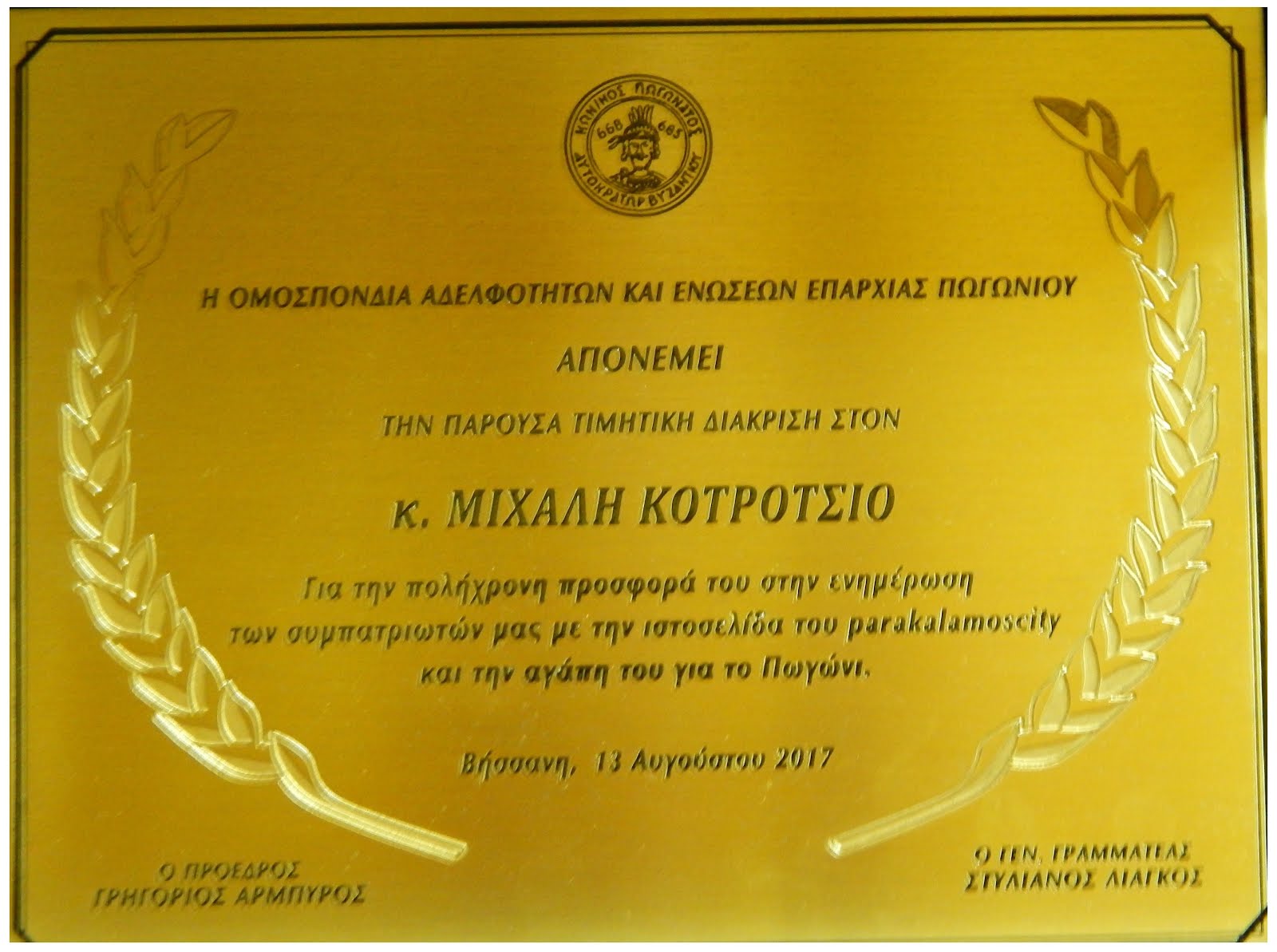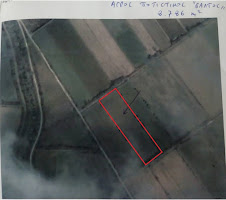* Μεγάλη νίκη πέτυχε ο Α.Ο.
Ανατολής στον Παρακάλαμο αφού επικράτησε
με το ευρύ 4-0 το απόγευμα της Κυριακής επί
του Αγροτικού Αστέρα, για την 12η αγωνιστική του πρωταθλήματος του Hall of
Brands Α΄ ερασιτεχνικής.
Στο 30΄ τον Θανάση Κωνσταντίνος, πλασάρει,
αποκρούει αρχικά ο Γρηγοριάδης Νικόλαος, αλλά με δεύτερη επαφή κάνει
το 0-1.
Στο 41΄ σουτ του Χριστακόπουλο
Γεώργιου, διώχνει η άμυνα
του Αγροτικού Αστέρα, στην επαναφορά μονοκόμματο σουτ του Σκανδάλη Χρήστου εκτός
περιοχής για το 0-2.
Στο 47΄ σουτ του Κλιτσινάρη Αθανάσιου
από το ύψος της περιοχής και γίνεται το 0-3.
Στο 58΄ φάουλ του Φίλιου Γεώργιου,
πετάγεται ο Εμραιζόγλου Νικόλαου στο πρώτο δοκάρι και με
τακουνάκι κάνει το 0-4.
Αγροτικός Αστέρας Άνω Καλαμά
(Θανάσης Χαρίσης):
Γρηγοριάδης Νικόλαος, Ηλίας Μιχάλης (Ταΐρης Γεώργιος 51΄),
Τσόκρης Λάμπρος, Πανίδης Νικόλαος, Τάσσος Παναγιώτης, Φαρμάκης Αναστάσιος, Κυρίτσης
Ιωάννης, Ηλιόπουλος Παναγιώτης (Ζότα Ρίγκερ 78΄), Γκόνης Πέτρος (Μακρής Χρήστος
51΄), Ορφανός
Χριστόφορος, Παπαρούνας
Στέφανος (Καράβας Αναστάσιος 60΄)
Α.Ο. Ανατολής:
Διαμάντης Ανδρέας, Γκούμας Κωνσταντίνος, Φίλιος Γεώργιος, Μπίζιος Βασίλειος, Τζίμας Παναγιώτης, Κλιτσινάρης
Αθανάσιος, Σκανδάλης Χρήστος (Γιώτης Ελευθέριος 80'), Εμβραιζόγλου Νικόλαος (Γκαρτζονίκας
Μιλτιάδης 72'), Θανάσης Κωνσταντίνος, (Μάντζος Χαρίλαος 62'), Χριστακόπουλος
Γεώργιος (Μιχαηλίδης Θεόδωρος 74'), Φωλίνας Σταύρος
Τα αποτελέσματα της 12ης
αγωνιστικής της Hall of Brands Α΄ ερασιτεχνική
Σάββατο 1 Δεκεμβρίου 2018
Π.Α.Σ. ΚΡΑΨΗΣ-ΚΕΝΤΑΥΡΟΣ ΜΟΥΣΙΩΤΙΤΣΑΣ 3-0 (α.α.)
Π.Α.Σ. ΜΕΤΣΟΒΟΥ-Α.Ε. ΧΟΥΛΙΑΡΑΔΩΝ 1-0
ΠΡΟΟΔΕΥΤΙΚΗ ΠΕΡΑΜΑΤΟΣ-ΘΥΕΛΛΑ
ΚΑΤΣΙΚΑΣ 1-1
Κυριακή 2 Δεκεμβρίου 2018
Α.Ε. ΠΡΑΜΑΝΤΩΝ-Α.Ε. ΜΙΚΡΑΣΙΑΤΩΝ 1-2
Α.Σ. ΑΕΤΟΣ ΝΗΣΟΥ-Π.Α.Ο. ΚΟΥΤΣΕΛΙΟΥ 0-0
ΘΥΕΛΛΑ ΕΛΕΟΥΣΑΣ-ΑΓΡΟΤΙΚΟΣ
ΚΑΣΤΡΙΤΣΑΣ 1-2
ΑΓΡΟΤΙΚΟΣ ΑΣΤΕΡΑΣ ΑΝΩ ΚΑΛΑΜΑ-Α.Ο.
ΑΝΑΤΟΛΗΣ 0-4
Α.Ο. ΖΩΟΔΟΧΟΣ-ΠΙΝΔΟΣ ΚΟΝΙΤΣΑΣ 1-1
Βαθμολογία Hall of Brands Α΄ Κατηγορία 2018-19
1. ΑΓΡΟΤΙΚΟΣ ΑΣΤΕΡΑΣ ΑΝΩ ΚΑΛΑΜΑ 26
2. Α.Ο.
ΑΝΑΤΟΛΗΣ 25
3. ΘΥΕΛΛΑ ΚΑΤΣΙΚΑΣ 25
4. Π.Α.Σ. ΚΡΑΨΗΣ 24
5. ΘΥΕΛΛΑ ΕΛΕΟΥΣΑΣ 23
6. Α.Ε. ΜΙΚΡΑΣΙΑΤΩΝ 22
7. Α.Ε. ΧΟΥΛΙΑΡΑΔΩΝ 21
8. ΠΡΟΟΔΕΥΤΙΚΗ ΠΕΡΑΜΑΤΟΣ 19
9. Π.Α.Σ. ΜΕΤΣΟΒΟΥ 18
10. ΑΓΡΟΤΙΚΟΣ ΚΑΣΤΡΙΤΣΑΣ 17
11. ΠΙΝΔΟΣ ΚΟΝΙΤΣΑΣ 15
12. Π.Α.Ο. ΚΟΥΤΣΕΛΙΟΥ 10
13. Α.Ο. ΖΩΟΔΟΧΟΣ 9
14. Α.Ε. ΠΡΑΜΑΝΤΩΝ 5
15. Α.Σ. ΑΕΤΟΣ ΝΗΣΟΥ 5
16. ΚΕΝΤΑΥΡΟΣ ΜΟΥΣΙΩΤΙΤΣΑΣ -9


















